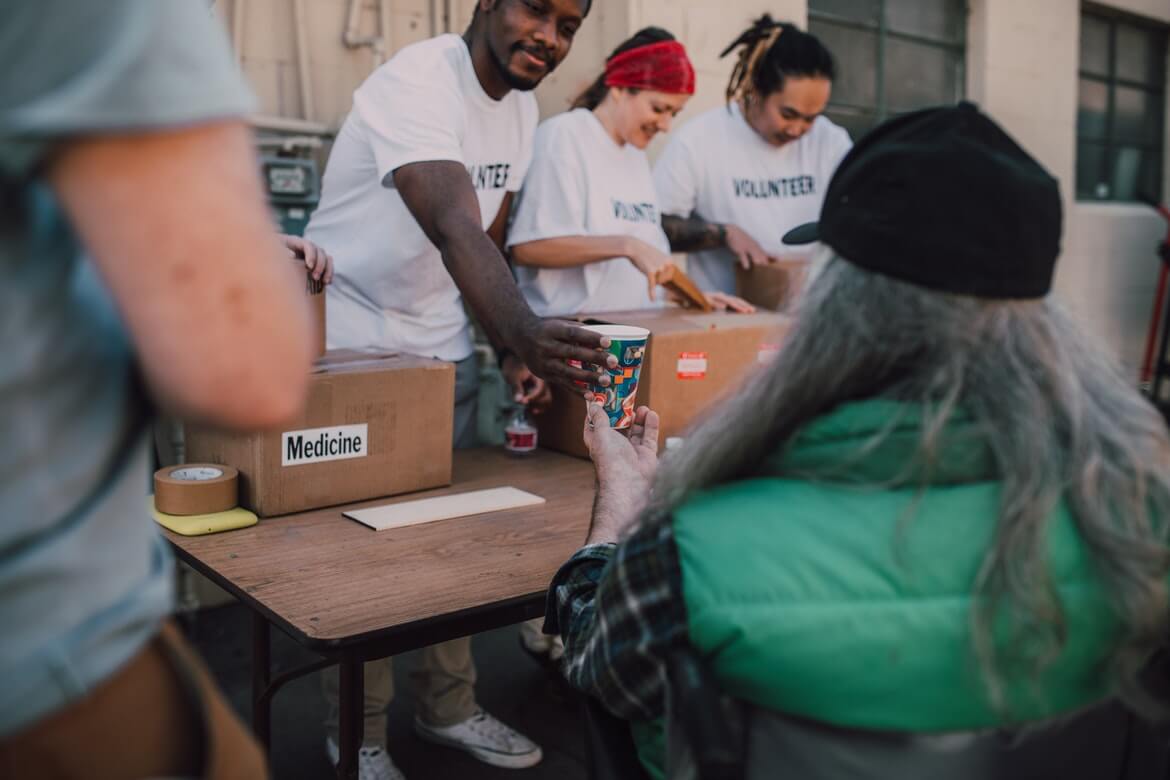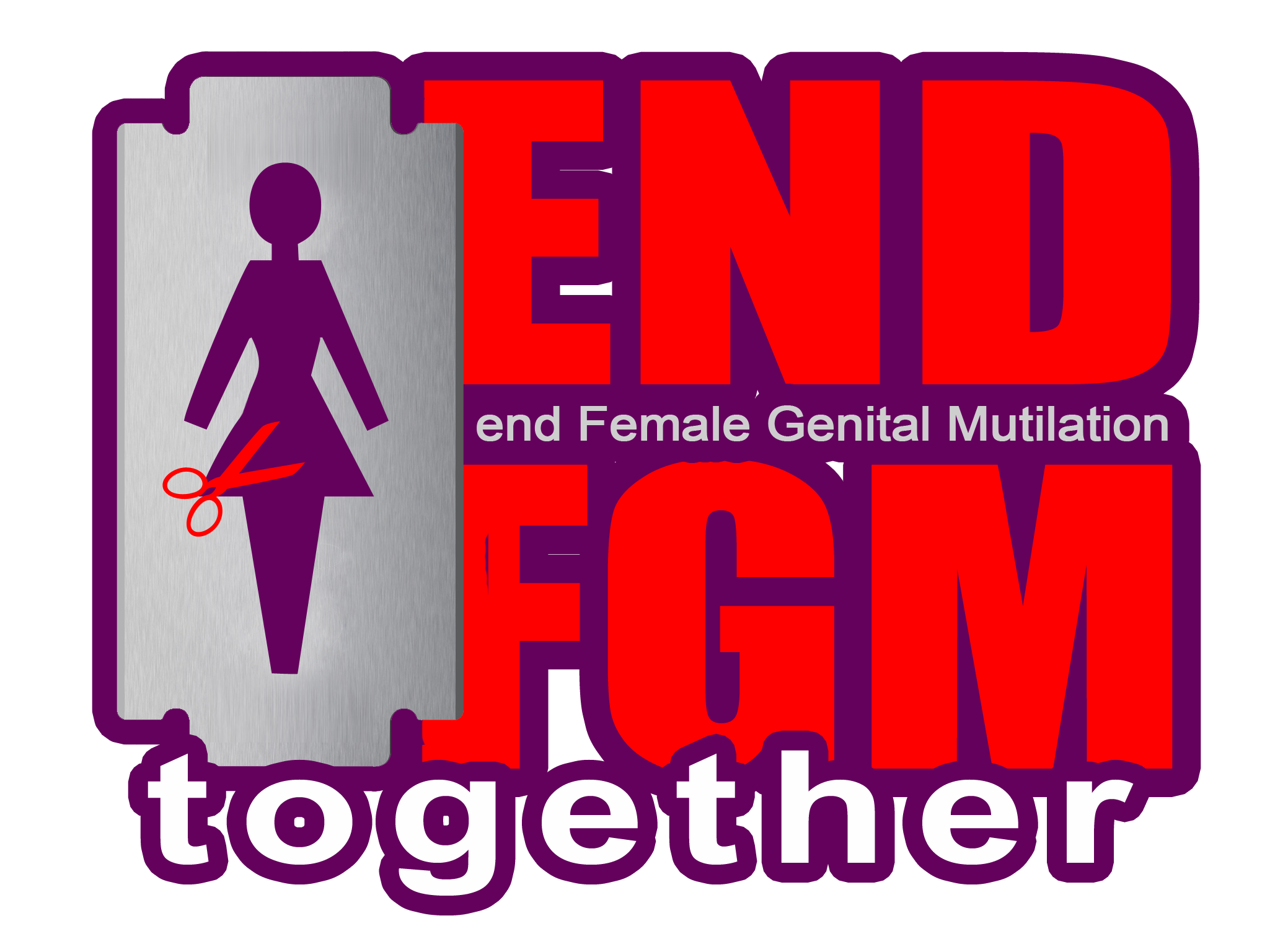February 6 is International Day of Zero Tolerance for Female Genital Mutilation. The designation of such an important day aids in the promotion of the Sustainable Development Goal target which aims to eliminate the practice by 2030.
On 11 Feb 2021, to commemorate the International Day of Zero Tolerance, Utulivu Women’s Group, Acre and Partners held a talk facilitated by Cecily, centred around the the global campaign to end FGM. FGM is a topic that is often seen as taboo to talk about, people often do not understand how vital a role they play in the fight to eliminate the practice, especially the importance of bringing male voices to the conversation.
In spite of the limits of the current climate, large numbers signed up for the talk, which provided attendees with the opportunity to be a part of the online conversation, to unite, educate and act in order remind one another of the issues affecting women who have been through FGM.
When asked what percentage of participants were aware of FGM, 54% responded with very well 38% stated fairly well and 8% not well.
So, what is FGM?
The World Health Organisation defines Female Genital Mutilation as, harming or removing all or part of the external female genitalia. There are 4 types:
Type 1: Clitoridectomy – Involves the removal of the clitoris
Type 2: Excision – Involves the remove of the clitoris and the labia
Type 3: Infibulation – Involves Narrowing or stitching of the vaginal opening
Type 4: Any other harmful procedures that are not included in the first three categories such as pricking, stretching among others.
FGM is child abuse, it is gender based violence and is part of a continuum of female body and sexualiy control. Though often carried out by women, it is for the benefit of men. Some of the reasons often cited for its continuation include:
The preparation of a girl for marriage;
The preservation of virginity;
The belief that it is a religious requirement, though no religious text requires this;
Cultural ideals of modesty, including cleanliness
There are no health benefits of FGM, rather the physical and psychological effects are severe and can often lead to death.
Why is it important to keep the conversation going?
FGM affects at least 200 million women and girls in at least 90 countries globally, though the figures do not represent the true scale. It is estimated that 137,000 women and girls are living with the consequences of FGM in the UK, with a further 60,000 girls at risk. Due to the Covid pandemic it is estimated that an additional 2 million girls are thought to be at risk of undergoing female genital mutilation by 2030. It is vital for the global community as a whole, to reimagine a world that enables women and girls to be able to have a voice, choice and control over their lives.
During the meeting, which became a space for learning, the participants shared and identified experiences and feelings.
Victor, reflected on his experience, in attempting to speak out against the practice. Stating that he was often told to be quiet, at his abhorrence of the continuation of the practice. He stressed the importance of bringing men’s voices to the conversation stating, “if men were involved in these conversations, the practice could end sooner.”
Oftentimes men are not aware of the circumstances surrounding FGM, adding that when they were made aware of the harm of the practice, they were often saddened by the practice and less likely to endorse it in the future. Furthermore, men are the ones who contribute to the stigma surrounding FGM. The inclusion of boys and men can play a vital role in the prevention and abandonment of the practice.
Another panelist, Hadiatu, – who works to empower young girls and help them learn to advocate for their right to bodily integrity – spoke of the pressures young girls received from society, which dictated a status quo regardless of the viewpoint of those involved. Highlighting that within a particular region of Sierra Leone, girls would be taught how to perform certain acts, such as cooking and cleaning, only once they had undergone FGM. Thus ensuring daughters were fully indoctrinated into the patriarchal society.
She spoke of the need to find an alternative way to usher girls into womanhood, without the pain of FGM.
The talk was well received by all who attended, with general awareness of the practice increasing by 20%, leaving a desire to continue the conversation. Key suggestions were made, in order to aid in its elimination:
The need to create safe spaces for all voices to share experiences and learn.
The importance of youth involvement in the fight against FGM
The need to support grassroots organisations.
The importance of using men as allies in the fight to end FGM.
The promotion of actions that support the participation of migrant women and counter isolation of cultural actions.
It is only through an understanding of the complex cultural, social and economic factors involved in the continuation of the practice, that we can truly end it. It is important to continue to speak out and educate one another so that we can end the practice in a generation. But it is also important to engage affected communities.
How can you help end FGM
Challenge Myths surrounding FGM
Speak Out about the risks of FGM
Educate girls on their rights to decide what happens to their bodies
Raise Awareness
FGM support:
Acre – http://www.acre-reading.org/
Utulivu – https://www.utulivu.co.uk







